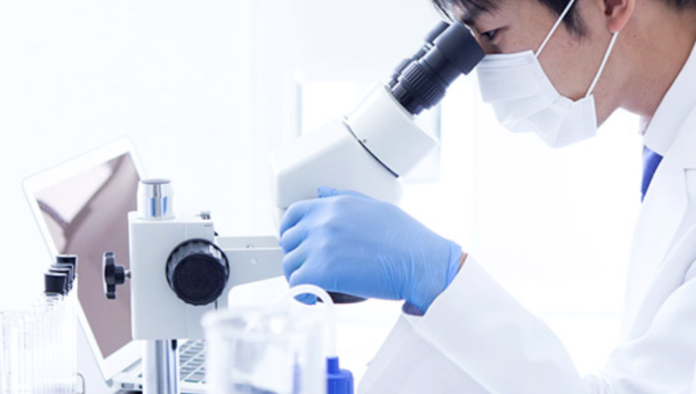Mitsubishi Tanabe Pharma has turned to the UiPath Business Automation Platform to improve business operational efficiency that would not have been possible with only human labour.
As the industry continues to face challenges in developing valuable drugs that meet the needs of patients, Mitsubishi Tanabe Pharma is promoting digital technology reform in its new drug development and overall business productivity.
Since implementing UiPath in 2019, Mitsubishi Tanabe Pharma has created more than 500 workflows that automate various tasks. Automation has saved a total of 70,000 hours and has produced significant results in operational efficiency.
However, the results are not limited to operational efficiency; it has also enabled several tasks that human labour could have yet to realize. One such task is to contact prospective employee retirees regarding offboarding procedures.
Previously, prospective retirees were contacted once every six months. However, the human resources department received numerous monthly inquiries from these retirees, which increased the department’s workload.
As a result, the HR team now entrusts software robots with the task of contacting retirees every month, which they said has not only reduced workloads, but has also drastically improved retiree satisfaction.
In the research and development field, they have also developed workflows that add value to its business operations. For example, a workflow was created to crawl academic and society websites, sending an e-mail to the individual in charge when there is updated information.
Another workflow extracts necessary information from reports to support the creation of an application form that aggregates many reports prepared by researchers and submits them to the proper medical authorities.
A subsidiary, Mitsubishi Tanabe Pharma Provision, is hosting the RPA Center of Excellence, which consolidates all administrative tasks, including pharmaceutical information, accounting, general affairs, and HR for companies under the entire group into a single point of contact.
From the beginning, in anticipation of an era of no-code/low-code development that does not use programming languages, the introduction of the system proceeded on a “self-driven” basis, where on-site employees are encouraged to identify and automate target tasks on their own.
Rob Enslin, co-CEO of UiPath, said automation today goes well beyond RPA.
RPA is “the new way of operating and the new way of innovating,” said Enslin. “By augmenting their automation program with citizen development, Mitsubishi Tanabe Pharma can future-proof their business and build a hybrid human-digital workforce of the future.”
To date, the Center of Excellence has created a unique training program and has encouraged employees to participate actively. The goal is to develop a wide range of citizen developers, including those who can develop workflows and determine which operations are suitable for automation.
They have also been developing and operating a new learning curriculum for training advanced developers in cooperation with UiPath.
As a next step, the business is planning to further develop this program and its digital human resources further, as well as create value-added operations to provide reskilling opportunities for senior personnel.
















